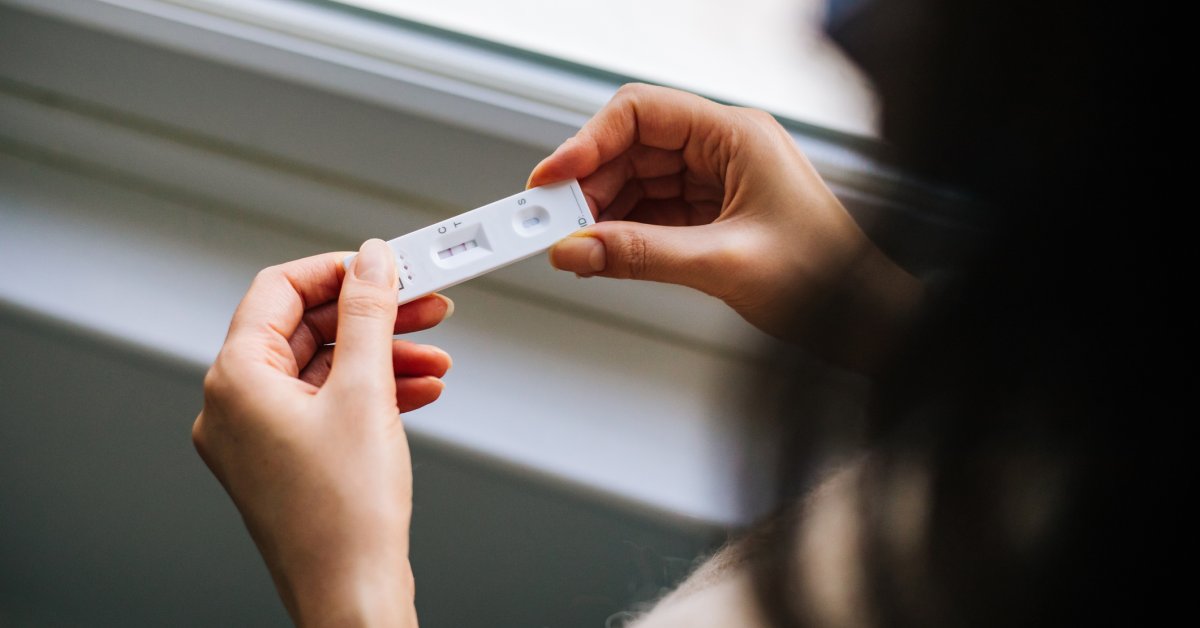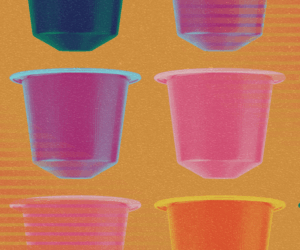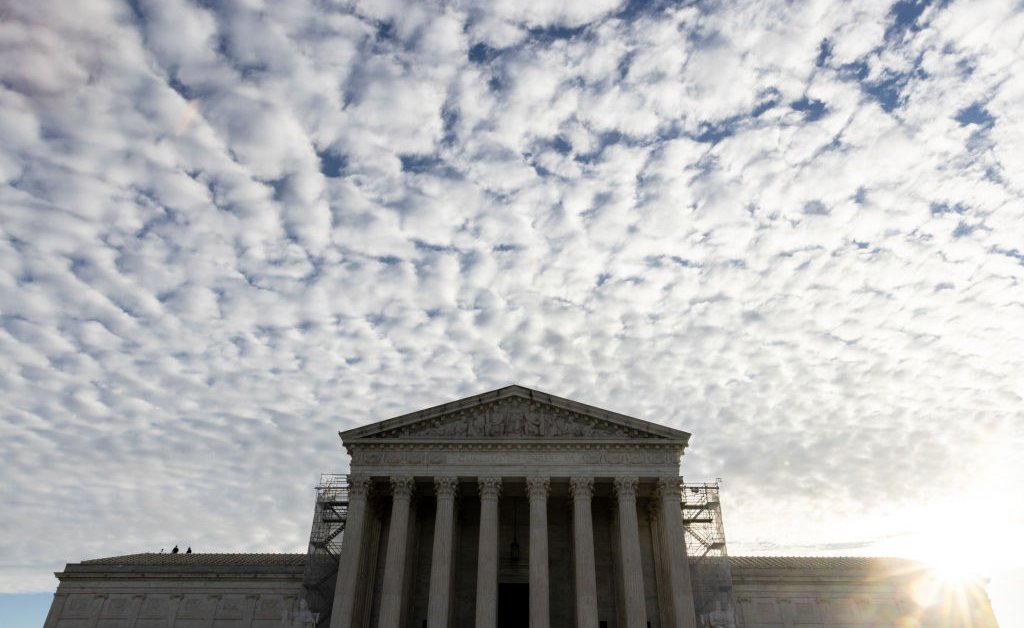Most people have put the COVID-19 pandemic behind them. Infections, vaccinations, or a combination of both have bolstered people’s immunity, and while new variants continue to pop up, getting sick does not induce the same panic it once did.
But a new study shows that recovery from COVID-19 might not be as quick or straightforward as most of us now expect. The study, published in Open Forum Infectious Diseases, found that on average, it takes many people up to three months to return to good physical health after a COVID-19 infection, and nine months to recover good mental well-being. For up to 20% of infected people who were analyzed in the study, this mental-health recovery took even longer: up to a year or more.
Lauren Wisk, assistant professor in the division of general internal medicine and health services research at the David Geffen School of Medicine at University of California, Los Angeles, and her team looked at data from people who had COVID-19 at eight health facilities across the U.S. from Dec. 2020 to Aug. 2022. People were asked to fill out surveys every three months for one year about their recovery, recording physical and mental symptoms like anxiety, depression, fatigue, social participation, sleep disturbances, and pain.
It took people far longer to regain their mental well-being than it did their physical health. “To be totally honest, we didn’t necessarily expect to see different recovery trajectories as big as the ones we are seeing,” says Wisk. “While it makes sense that some people recover faster physically, and other people recover faster mentally, on average the difference that we saw was surprising.”
Read More: You Could Have Long COVID and Not Even Know It
Wisk and her team also asked people to self-report if they experienced Long COVID, meaning symptoms stemming from their infection that lingered for at least three months. Nearly half of people who reported both poor physical and mental qualify of life following their infections also believed they had Long COVID. While the assessment was subjective, it tracked with the data Wisk’s team collected; among people who reported just poor physical health, poor mental health, or neither, there were fewer reports of Long COVID.
The findings point to the need for a deeper understanding of how COVID-19 infections affect the body, physically and mentally, in the short and long term, says Wisk. “We need to be thinking about a longer road to recovery for people, because even if someone recovers physically from their symptoms, it might not end there for them.”
Appreciating these longer lasting effects could help people seek treatment for their symptoms, which may condense their recovery period. Wisk says that short courses of anxiety medications and sleep therapies, for example, could address some of the lingering effects of COVID-19.
“We know how to treat the initial infection and how to keep people alive, but we don’t have a great treatment protocol for the after effects and the lingering symptoms,” says Wisk. “These data should help to guide development of protocols in which we think of recovery over a potentially long time horizon before people get back to normal.”








